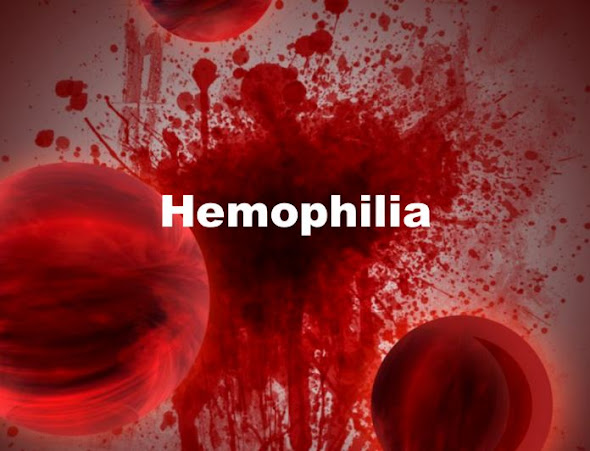Learn about 'Hemophilia' which can cause death or disability
The Hemophilia Society, together with the Rwanda Health Center (RBC), is calling on people with symptoms of the disease to seek early diagnosis to prevent death or disability.
Mujawimana Clementine, who lives at Muhima in Nyarugenge, has had 4 births in total, where the babies are born with bleeding, but after finding out that she is suffering from Hemophilia, she gave up.
"I always go to the doctor where my 3 children are bleeding profusely, and I take them to medicate. The child may eat a piece of cake or chew a piece of chewing gum, and start bleeding from the mouth."
Majawimana says that she and her husband do not have a problem with bleeding, but that one of her older brothers has bleeding that lasts for a long time. Nsengiyumva Amos, 29 years old, says that he was born with Hemophilia and it was difficult for him for many years while the treatment for the disease had not arrived in Rwanda (before 2014). At the age of five, Nsengiyumva noticed a swelling in the knee of his leg, and after a while, he felt as if he was injured.
It is a disease that is transmitted from a parent or another blood relative to some of the children born in that family, and a person may be born without a cell (protein) that helps the blood to heal.
If a person who has it is injured or bleeds due to something else, it stops bleeding quickly (hakuma), but if you don't have it, it continues to bleed, which is called Hemophilia.A person suffering from Hemophilia requires an injection called 'Factor', otherwise they bleed to death, or experience complications including permanent disability.
Symptoms of Hemophilia
The head of the Rwanda Fraternity Against Hemophilia, Sylvestre Murindabyuma, says that there are things that people call magic, but they don't know that they are sick or have suffered from a disease of blood that cannot be treated.
 |
| This image shows the signs and symptoms |
Murindavyuma says that blood can flow from the joints of joints such as the elbows, knees, groin, and ankles, and become swollen and discolored, until the bones that connect them are broken, and the person becomes disabled.
There are cases where a person bleeds from the skin inside, from the tissues that connect the flesh and bones, or from the flesh and the swelling, and the blood is covered (called Hematoma).
Some bleed in the mouth and chin, especially when a person has a tooth, or an injury to the chin due to a fall or eating something hard, and some bleed after surgery or injections.
The Hemophilia Society continues to say that some suffer from cerebral palsy, which is manifested by weakness and nausea, which can eventually lead to paralysis, blindness, or long-term coma.
Murindavyuma says that a person with a slow discharge from the nose, as well as irregular periods, can also go to the doctor to check for hemophilia, where the machine that tests for this disease is located at CHUK Hospital.
He said, "There are those who see a person who has started to faint and have swollen joints, and they go to seek witch doctors and shoot him (and leave), and in a short time the person is dead."
He said, "We appreciate the Rwandan government for the way they live close to this disease, we have been showing it but we are few, we ask them to increase their support in supporting us, so that they have a role in searching around for those living with these symptoms to be tested, identified, and helped before they die."
At the moment, one unit of factor (Factor) is bought for more than 1.200 million Rwandan francs, and a patient with severe hemophilia will have to take this medicine at least once every week.
The Rwanda Fraternity Against Hemophilia does not ask those who have this disease so that they can be identified and treated early, because they have a donor who gives them free medicine.
So far the machine in CHUK has detected 96 Hemophilia patients out of about 1600 Rwandans who are suspected of having the problem.
The RBC employee in the Department of Infectious Diseases, Dr. Evariste Ntaganda, says that a campaign has been started on Hemophilia, as well as training for doctors working in hospitals and health centers so that those who are unable to help are immediately sent to CHUK Hospital to see if it is not Hemophilia.
Dr Ntaganda said, "We are saying that now people know about it, he will find that he has a problem and he will show it."
Regarding the measures RBC will take due to the problem of expensive Hemophilia drugs, Dr Ntaganda says that what was difficult was to first know the number of Rwandans affected by this disease, so that they can find cheap drugs.








No comments:
Post a Comment